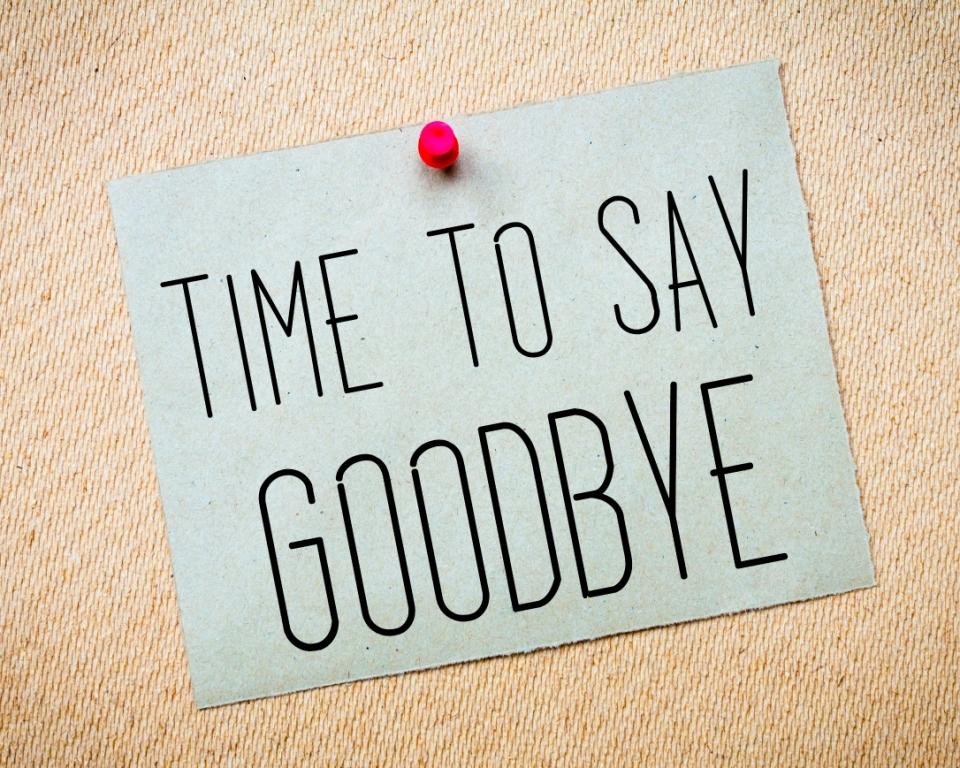In a post a few years ago, I advocated “Getting Rid of Dead Weight Once and For All.” However, for many people, it’s one thing to know you need to dump some dead weight from your life, it’s another thing to actually take the appropriate steps to end a friendship or other relationship.
Making the decision to end a friendship is never easy, even if it’s a bad or toxic friendship. However, here are some tips for telling a friend, “it’s over,” or a wannabe friend, “it’s not going to happen.” These tips can also work when a coworker wants to build a friendship outside of work and you’re just not interested.
1. Take the coward’s way out– avoidance. In many situations, culling your friendship herd is typically accomplished by not returning phone calls, cancelling get-togethers, and making excuses to avoid getting together. As a person who is an advocate of communication, I have a hard time recommending this. Ideally one should be direct and address the issue. However, if it works and avoids hurt feelings, it’s a viable option.
2. Offer an honest explanation. If your interests or those of your friend have changed and you find you no longer have anything in common, you might just say so. If your friend has let you down, is abusive, or otherwise disrespectful, you can say that as well. Although it might be difficult to tell a soon-to-be former friend, “Megan, even though you always say you’re just joking, your negative comments toward me have gotten to the point that I’m not longer interested in being on the receiving end of them. I’m not going to be able to spend time with you any more.”
If a serious infraction of the friendship code has occurred, you should address that as well, by letting your friend know exactly what he or she has done to end your friendship: “I’m sorry Carol, I just can’t forgive you for telling Joan what I’d told you in confidence about the trouble I’m having in my marriage and I can no longer be your friend,” or, “I’m sorry, but what you’ve done has caused irreparable damage to our relationships. Therefore, I need to end it.”
3. Blame Yourself. If you don’t have the courage to be honest and avoidance isn’t working, you might say something like, “My life is really hectic right now and I just don’t have time or the energy to be a good friend right now.” However, don’t use this approach if you and the other person have mutual friends. There’s nothing more embarrassing than telling someone you don’t have time for friends, then running into him or her when you’re out with a group of your other friends.
Ending a friendship or preventing one from starting isn’t easy, but if it’s in the best interest of you and the other person to cut ties, doing so clearly and quickly is probably best for both of you.







